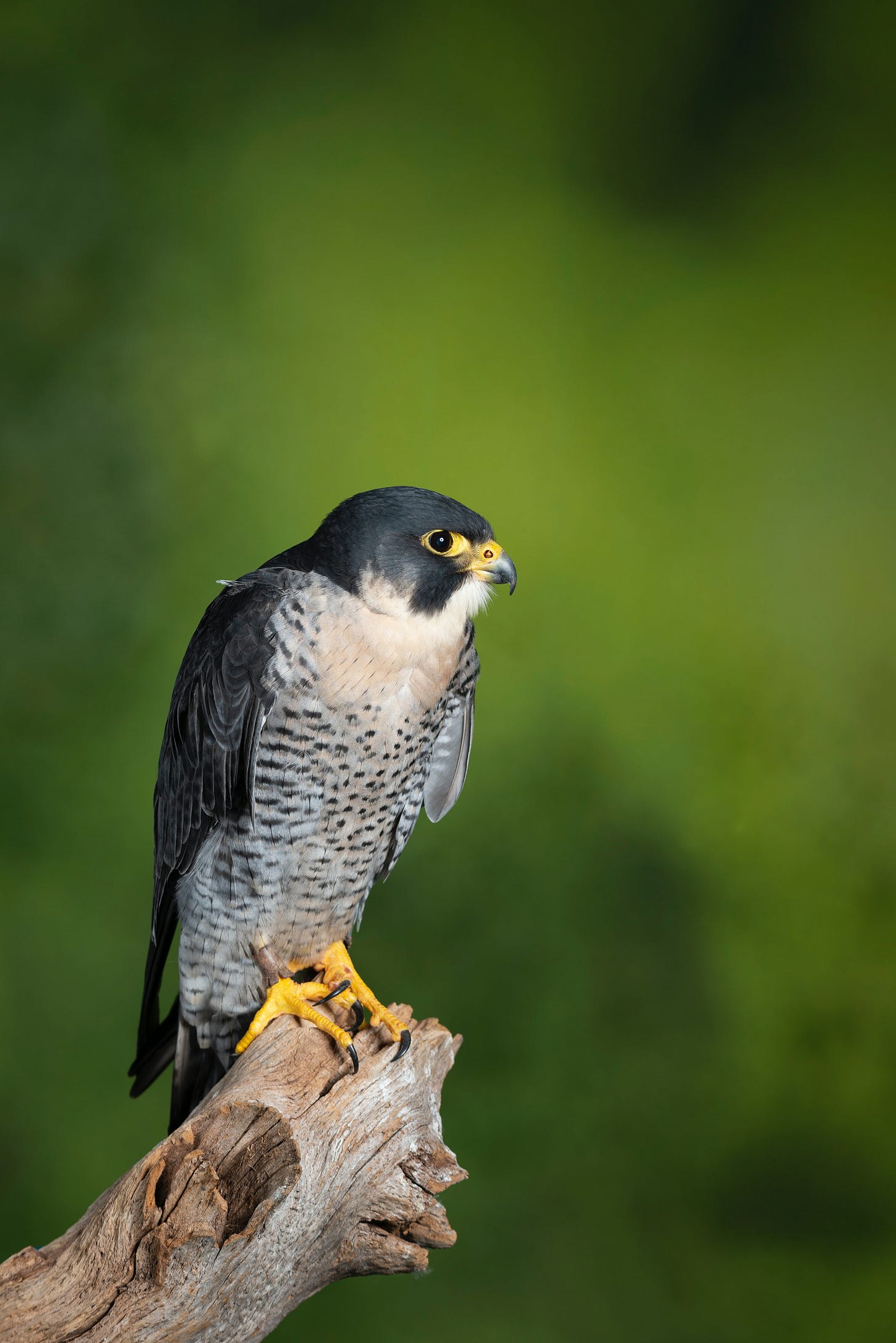Exploring the Emotional Terrain of the Essay
Exclusive Writing Lab on Cherish This Ecstasy by David James Duncan
Hi and welcome:
Over the next few posts, we read and learn from Cherish This Ecstasy by David James Duncan.
First things first:
Cherish This Ecstasy was published in The Sun in 2008 (click on the link to see for yourself) and reprinted in The Best American Essays, edited by Mary Oliver in 2009.
Either read it as it is given to you in The Sun or attached here.
WARNING: There is some randy content in this essay, a sexual reference that is shrouded by clear. If you are offended by that kind of thing, perhaps pass on this exercise. Proceed accordingly.
Your instructions are simple:
Please read it, and pay attention to how it makes you feel. Try to avoid analyzing it the first time through. Again, just read it.
Sit with it for a bit. Don’t rush this. Just sit with what you’ve read by either considering a view or taking a walk, or if you are a particularly busy person, you can do something productive to let the story work in the back of your brain while you attend to the task with the front part.
After sitting a bit, or letting it all simmer in you, reread it. Slowly.
Make a few notes to yourself, and ask a few questions.
Finally, share what has come to you in the comment box. (Again…try to steer clear of “I liked it.” “I hated it.” “I thought it was dull.” “I thought it was beautiful.” These judgments will be part of the conversation and need to be…eventually. Right now, I’m simply after how this made you feel, what you noticed, and what piqued your attention.
Off you go now, chee-up!
~ Jennifer







I read it twice, a couple days apart. It made me feel hopeful. I need to quote Jeff Goldblum's character in Jurassic Park "Life finds a way". The birds struck me more than the man. The Hungarian Partridges smashing into the snow. Nature is just amazing.
The first time I read the piece, I just read it and let it go. Days later, I read your post, made note of your questions, then read it again.
How did I feel? I felt warmed by the recognition that there is something 'out there' greater than ourselves and because of 'it' (whether birds, dogs, rivers, sunshine, or faith) we intuitively know on some level, that we are loved.
What did I notice? I noticed his sense of humor and I loved it. The comparison to his wife, his marriage, and his reference to his own 'sexual loitering', the passion-shattered birds. Also, the fact that he wrote the letter at all, and wanted a picture of the hat, and an understanding of the walk. After the first paragraph, I too wanted to SEE the hat!
What piqued my attention? The author's use of 'blindness' as a metaphor in the phrase 'blind trust'. It feels derogatory to blind people, implying that blindness or people who are blind are mindless, foolish, naive, stupid. I am trying to use positive language in my own writing so the 'ableism' words jump out at me.